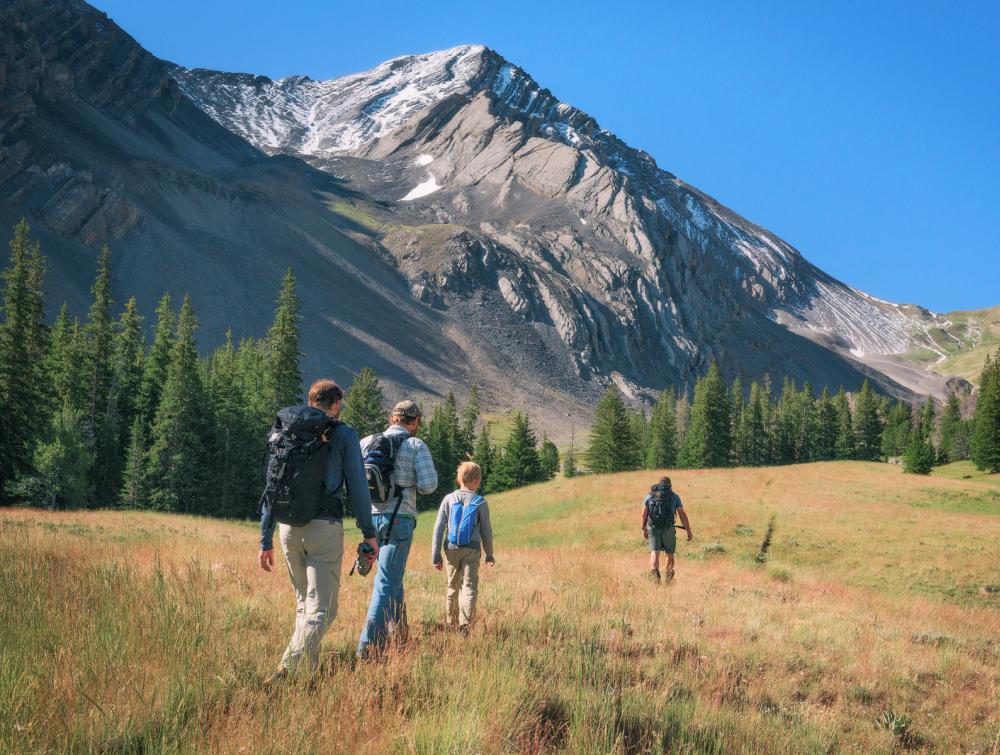Attempts to undercut forest conservation are rejected in the farm bill

Salmon-Challis National Forest, ID
Mason Cummings, The Wilderness Society
Farm bill rejects attempts to undercut forest conservation
WASHINGTON, December 10, 2018 ----- In spite of efforts by the Trump administration to weaken forest protections by exploiting the California wildfires, congressional leaders have agreed on a bipartisan farm bill that provides some improvements to forest policy.
Today, the House and Senate Agriculture Committee chairs and ranking members announced a conference report for the farm bill. The agreement rejects proposals to undermine the environmental laws that protect forests and ensure public participation in forest management decisions.
Statement by Jamie Williams, President, The Wilderness Society:
“Thankfully, common sense prevailed and this farm bill rejects efforts to weaken protections for our national forests, including attempts to cut the public out of decisions for our public lands. Instead, it embraces bipartisan proposals to restore forests, protect drinking water and preserve wilderness for future generations.”
“From day one, Ranking Member Debbie Stabenow and Chairman Pat Roberts committed to passing a bipartisan farm bill. We applaud this commitment and, on behalf of farmers, families and our public lands, we urge the House and Senate to now pass the farm bill without delay.”
Among the forestry provisions in the final bill, The Wilderness Society applauds the inclusion of:
- Tennessee Wilderness Act – Protecting 19,556 acres in the Cherokee National Forest as wilderness.
- Water Source Protection Program – Authorizes the Forest Service to enter into water source investment partnership agreements with end water users to protect and restore the condition of national forest watersheds.
- Watershed Condition Framework – Establishes criteria to evaluate and classify the condition of watersheds, and to identify drinking water sources across the National Forest System for protection and restoration.
- A reauthorization and doubling of funding for the successful Collaborative Forest Landscape Restoration Program (CFLRP) which encourages communities to work together on science-based ecosystem restoration of priority forest landscapes.
- Provisions to facilitate tribes playing a greater role with forestry management on public lands adjacent to tribal lands.
- Provisions to promote cross-boundary and landscape scale restoration efforts.
The Wilderness Society, founded in 1935, is the leading conservation organization working to protect wilderness and inspire Americans to care for our wild places. With more than one million members and supporters, The Wilderness Society has led the effort to permanently protect 109 million acres of wilderness and to ensure sound management of our shared national lands. www.wilderness.org.
CONTACTS:
Michael Reinemer, Deputy Director, Communications Strategy, michael_reinemer@tws.org, 202.429.3949
Chris Rackens, Senior Representative, Government Relations, chris_rackens@tws.org 202.429.2643
